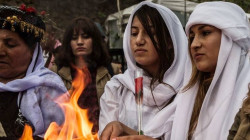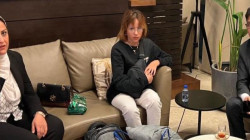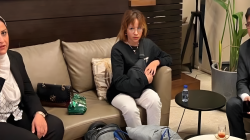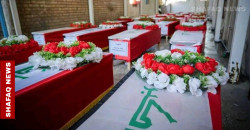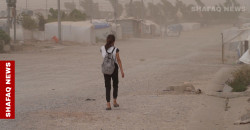Kurdistan President's pivotal role in addressing Yazidi crisis revealed
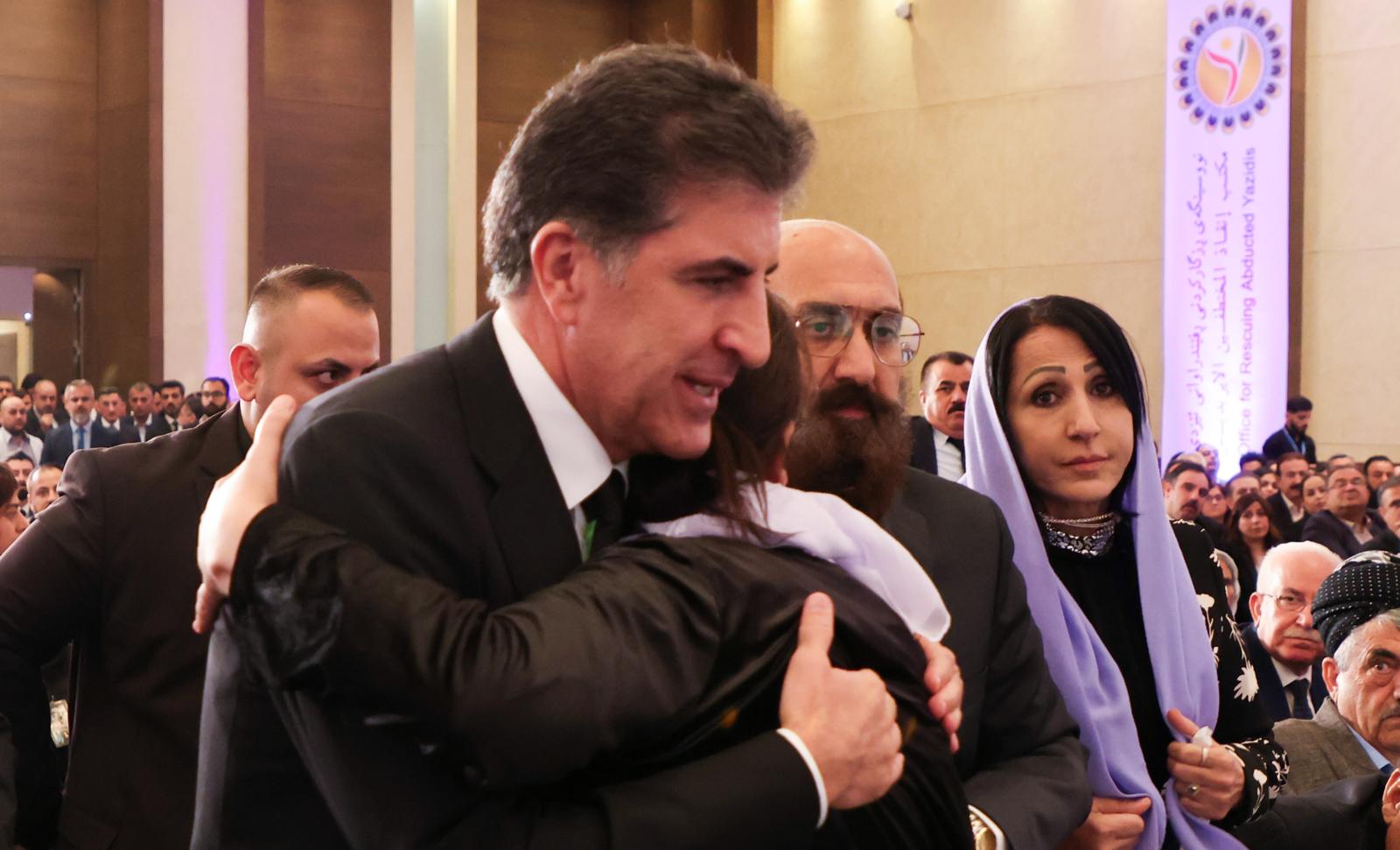
Shafaq News/ On Monday, Hussein al-Qaydi, the head of the Office for the Missing and Abducted Persons in the Kurdistan Region, highlighted President Nechirvan Barzani’s crucial role in tackling one of the most significant humanitarian challenges of the 21st century.
In a statement to Shafaq News Agency, al-Qaydi described the unprecedented humanitarian tragedy of 2014 when ISIS launched a brutal attack on the Yazidis in Sinjar, leading to the abduction of thousands of women and children.
Al-Qaydi praised President Barzani's strategic vision in addressing the crisis, noting that at that time, Barzani prioritized rescuing Yazidi captives and established the office as a dedicated body to handle this sensitive issue.
"He developed a comprehensive plan for rescuing and rehabilitating the abducted, relying on intensive diplomatic efforts and diligent work," al-Qaydi explained. "Barzani viewed the resilience of the captives as an inspiration for humanity and insisted on recognizing every survivor as a symbol of strength and renewal."
Thanks to this vision, the office has successfully transformed stories of suffering into models of success, aiding in the reintegration of survivors into their communities. Al-Qaydi observed, "Today, we see the fruits of these efforts as tears of sorrow turn into tears of joy with the return of many abductees."
He concluded by reaffirming the commitment to continue working under President Barzani’s guidance to ensure that all survivors receive the necessary support to rebuild their lives. Al-Qaydi called on the international community to continue supporting their cause and ensuring justice for the victims. "Our survivors' stories have become a global symbol of courage and human resilience against oppression."
In August 2014, the Yazidis faced a genocidal campaign by ISIS, which involved mass killings, abductions, and destruction.
President Nechirvan Barzani swiftly took measures to support the Yazidis, including establishing the Office for Rescuing the Abducted, which has since rescued 3,576 individuals.
In the same year, Barzani's office saved 1,208 women and 1,070 children and provided financial support to displaced persons, numbering approximately 135,860 in camps and 189,337 in other areas of the Region.
Barzani's efforts also included advocating for international recognition of the genocide, supporting reconstruction and rehabilitation, and protecting destroyed religious sites. He has repeatedly affirmed his full commitment to supporting survivors and continuing efforts until all captives are freed.

